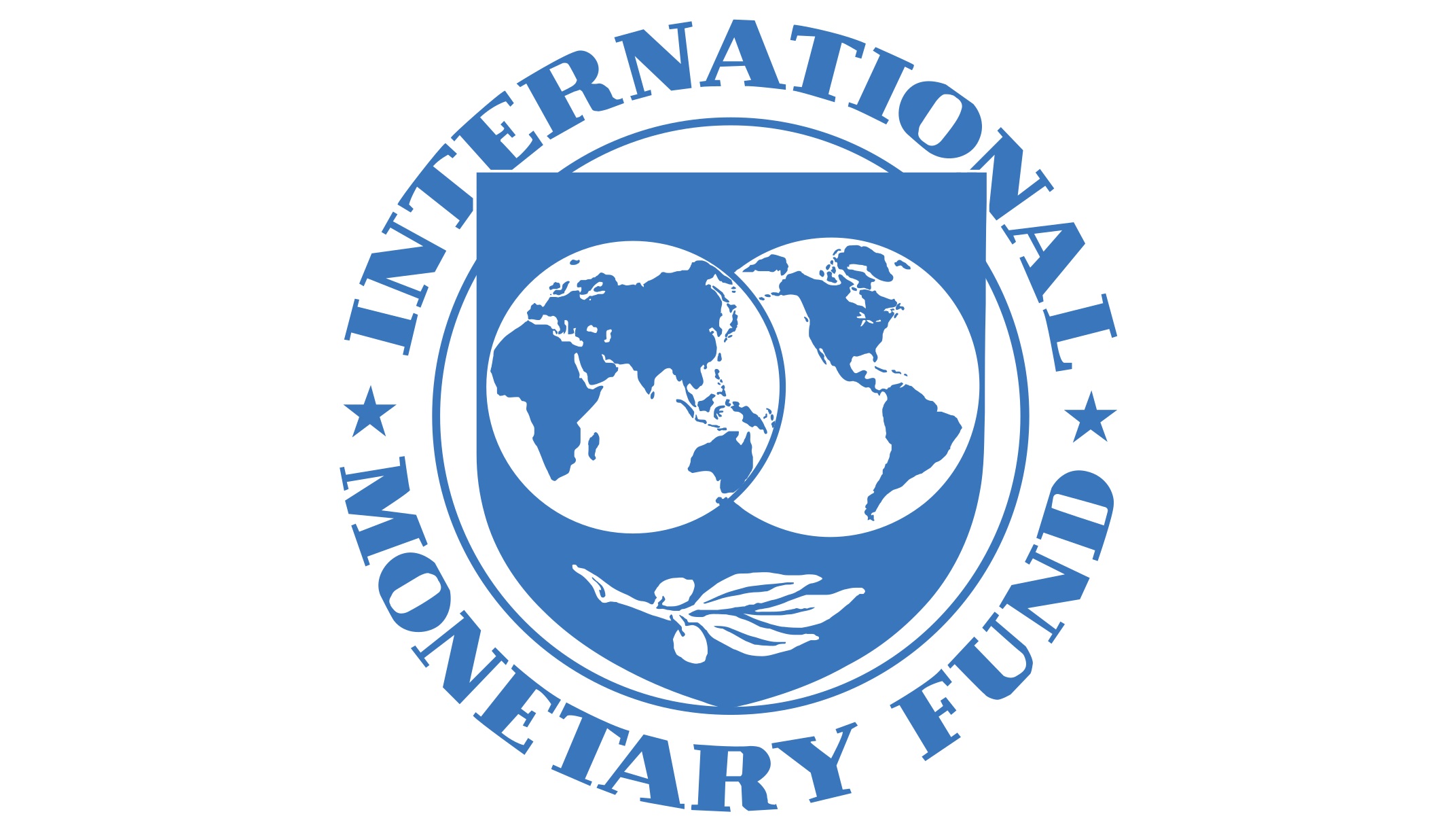In the last few weeks, the World Bank and the International Monetary Fund (IMF) have commended the fiscal and monetary measures being implemented by President Bola Ahmed Tinubu’s administration. They acclaimed the measures as the escape strategy out of the woods for Nigeria. A Chief Economist and Senior Vice-President for Development Economics at the World Bank, Indemit Gill, wrote a widely read commentary in the Financial Times recently, praising the removal of subsidy on petrol and the devaluation of the Naira by saying: “Nigeria now has a market-determined exchange rate, having unified official and parallel exchange rates. Previously, the government had been losing the equivalent of 38 cents for every $1 of government oil export proceeds. This benefited some local elites, who acquired dollars cheaply at the government’s expense. This will help to strengthen Nigeria’s historically shaky public finances and restore the naira as a credible currency.”
The policies being hailed by the Bretton Woods institutions are not home-grown. Both the IMF and the World Bank sketched them out and had nudged previous governments to adopt them, giving the impression that they were the silver bullet, the cure for all the country’s economic malaise. An official of the IMF recently owned up to the fact that the institution advised the Federal Government to implement some of the tough measures. He said: “Our advice is a comprehensive policy package where all elements are linked to other. That package seeks to ensure macroeconomic stability and raise living standards in a sustainable fashion. Importantly, our advice on petrol subsidies and the exchange rate is set in a larger, comprehensive policy mix that also includes scaling up social transfers to provide relief to Nigerians who are already suffering from a cost-of-living crisis or who are impacted by policy reforms.”
Both the World Bank and the IMF are under obligation to monitor the monetary and fiscal measures being implemented by countries that are indebted to them. The World Bank produces a regular report entitled Nigeria Development Update, which examines policy measures and advises Nigeria on strategies it must adopt to ensure economic growth. The IMF also produces regular country reports. However, serious countries do not take these research-documents as their own strategic documents for their growth. No country is on record to have achieved economic development by using World Bank Updates and IMF Country Reports as sacred. Unfortunately, the Tinubu government has not demonstrated that it has a well thought-out economic blueprint, generated based on the socio-economic complexities facing the Nigerian people.
There are examples of countries that have attained development status without necessarily crushing their people in order to please the IMF or World Bank. South Korea was caught up in serious social, political and economic crises few decades ago, but now it is one of the 10 top exporters to the world. Its leaders prioritised innovation, technology and excellent business environment which attracted foreign investors. The country spends heavily on research and development in its pursuit of technological innovations. This strategy achieved a lot, as the World Bank Doing Business Ranking in 2018 showed that South Korea ranked fourth in the world in Ease of Doing Business; second in Access to Electricity; first in Enforcing Contracts; fifth in Resolving Insolvency; 55th in Getting Credit; and 33rd in Trading Across Border.
- Tinubu rejects advice to withdraw tax reform bills, gives reasons
- #EndBadGovernance: Amnesty, SERAP, lawyers oppose detention of teenage protesters
Also, China, the world’s second largest economy, once an agrarian society, did not attain its current economic height by waiting for the World Bank and the IMF to think for it. China pursued two policies of industrialisation and market liberalisation, which attracted a lot of foreign capital. The policies have made China as a major global exporter. Though China became attractive to foreign capital because of its cheap labour, the country did not implement policies that impoverished its people and made life very difficult for them, like the Tinubu administration has done in the last one and a half years.
Both the World Bank and the IMF are aware of the grave conditions their recommended policies have created in Nigeria. It is very clear from what Nigerians have endured in the last one and half years that the removal of subsidy on petrol and devaluation of the Naira are as damaging as any heavy taxation can be, because they have led to unbearable inflation. No country develops by imposing measures that impoverish its population. Policies that weaken the people’s purchasing power, making savings impossible, frustrate local and international investors, and make life generally unbearable are not sustainable. The two organisations have emphasised palliative measures, like Conditional Cash Transfers (CCT) to the very poor, as a strategy for cushioning the effects of the pains created by the policies. This does not appear to be properly examined. Over the years since the CCT policy has been implemented from the erstwhile President Muhammadu Buhari’s government to the first year of the Tinubu administration, it has not lifted anyone from poverty. We call on President Tinubu to task his economic team to come up with local initiatives to set Nigeria free from the current logjam. The World Bank and the IMF do not have the answers to our current economic predicaments.

 Join Daily Trust WhatsApp Community For Quick Access To News and Happenings Around You.
Join Daily Trust WhatsApp Community For Quick Access To News and Happenings Around You.


